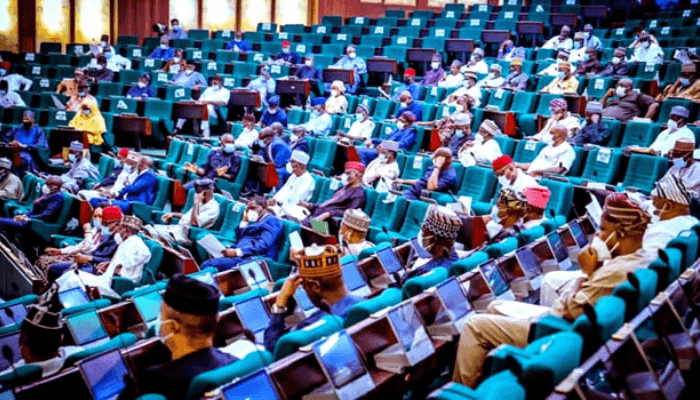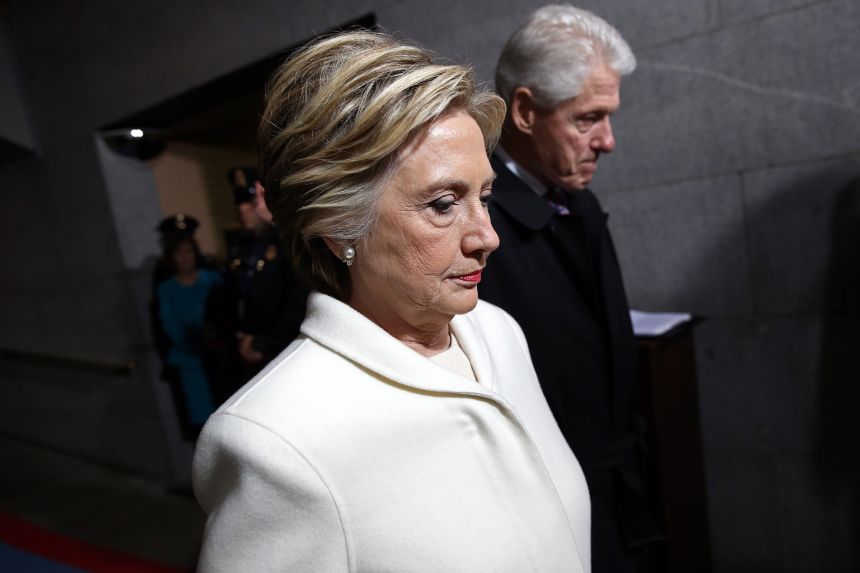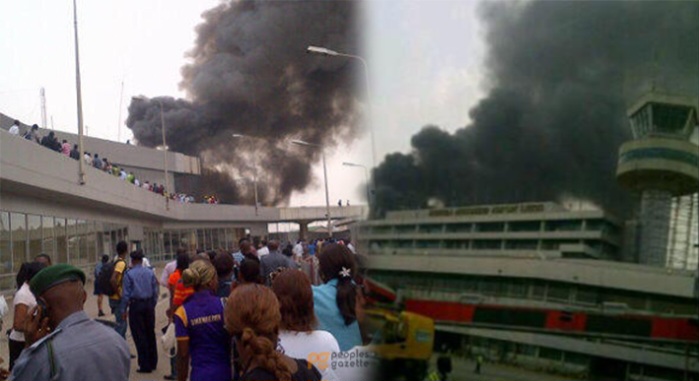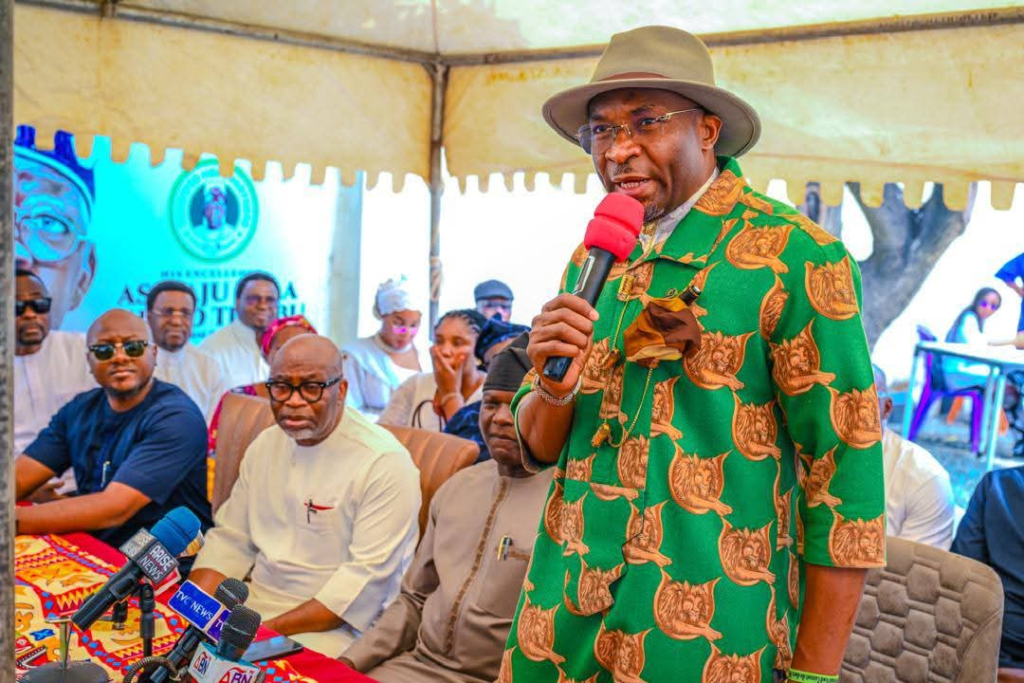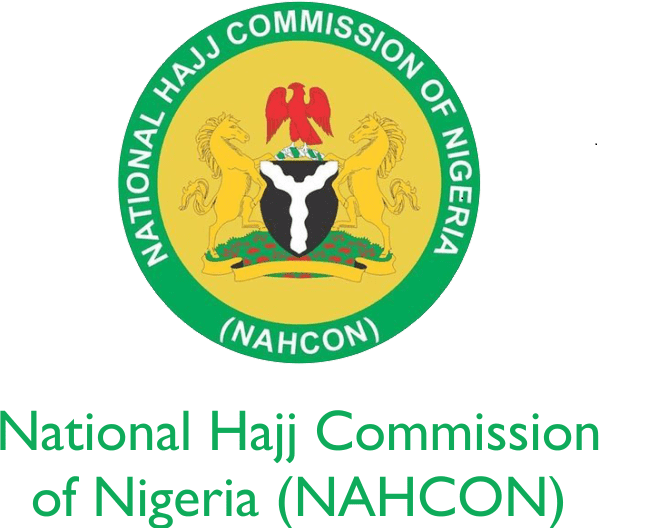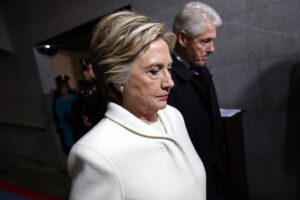The Nigerian National Petroleum Company (NNPC) Limited and other regulatory agencies have been directed by the Federal House of Representatives to end the lingering fuel scarcity within the next week.
On Tuesday, Sa’idu Musa Abdullahi (APC, Niger) presented a motion of urgent public importance, claiming that the lingering petrol scarcity had caused untold hardships for Nigerians.
According to the lawmaker, fuel scarcity is affecting economic activity and complicating the country’s already difficult situation. He claimed that the Nigerian Midstream and Downstream Petroleum Regulatory Authority (NMDPRA) advanced several justifications for the fuel scarcity.
According to him, “Firstly, when the scarcity reared its ugly head at the peak of the rainy season in October this year, NMDPRA said the fuel scarcity in Abuja and other northern states was caused by rainfall which submerged the greater part of Lokoja including the highway leading to Abuja, a development that grounded all vehicular movements along that route.
“Soon after floods/rains receded in Lokoja and the petrol scarcity continued, the President of the Independent Petroleum Marketers Association of Nigeria (IPMAN) said the situation persisted because of the supply gap created by the blockade in Lokoja. The IPMAN affirmed that there was enough product in the depots and that the lingering scarcity was only caused by the break in supply of the product.
“When the scarcity continued and all the excuses advanced by the stakeholders watered down, the National Operations Controller of IPMAN advanced another reason and argued that the scarcity is because of an unsteady supply of the products.
“Intelligence reports on current fuel scarcity gathered by our security agencies indicated that there is a deliberate plan by some oil marketers to derail the effort of the government in the distribution of fuel in the country by hoarding the petroleum products, thereby creating artificial scarcity all over the country.”
According to Musa Abdullahi, while fuel scarcity is heating up some major marketers’ petroleum stations, which are currently selling fuel at government-regulated prices, some independent marketers have enough petroleum products for sale at unregulated prices.
He went on to say that the majority of such filling stations had resulted in fuel prices exceeding N300 per litre. After passing the motion, the House of Representatives directed the NNPC Ltd to end the artificial scarcity within one week in order to alleviate Nigerians’ suffering.
It also urged the Nigerian Midstream Downstream Petroleum Regulatory Commission to work with the Nigerian Police Force and the Department of State Services to ensure that fuel is sold at the regulated price and in all retail outlets.

